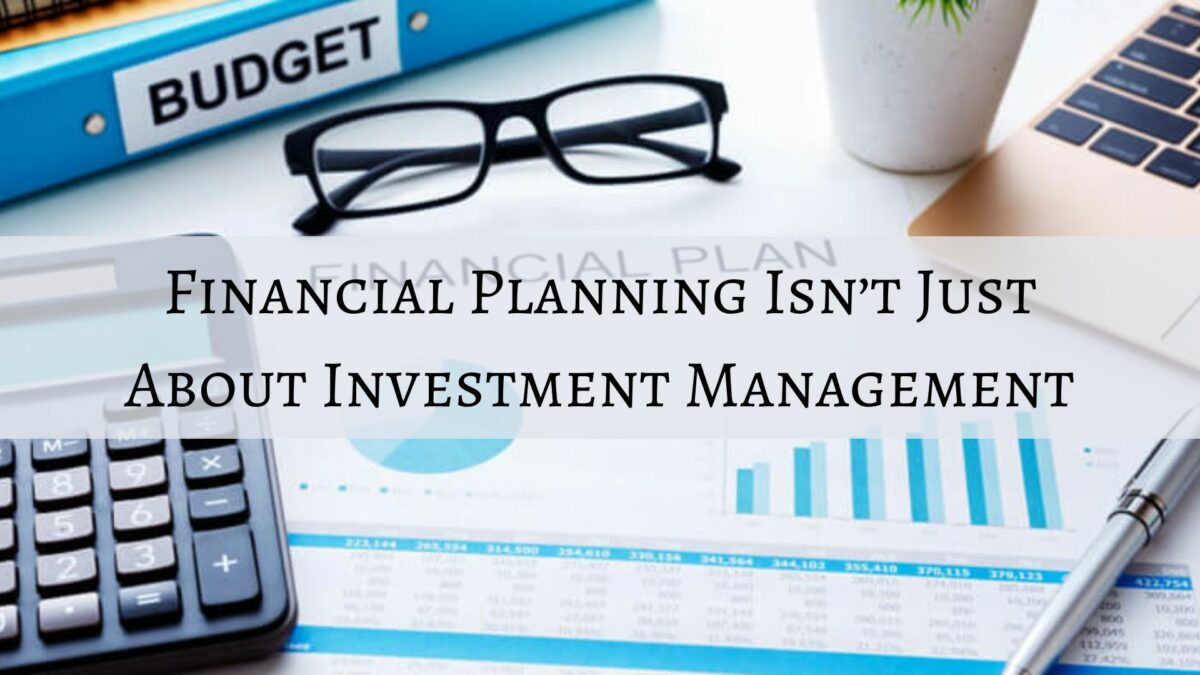“If stock market experts were so expert, they would be buying stock, not selling advice.”
–Norman Augustine
I live in a love/hate relationship with my work. I love what I do. I love serving people and helping them to get control of their lives and to gain some peace with where they’re going. and need of some investment.
I hate the industry. It has a dirty reputation for a reason. It is chock full of people who want to take your hard-earned money and put it in their pockets under the guise that they know more about investing and the markets than you do and that they can beat the markets consistently over time .
All they’re concerned about is how much money you have in the bank and how much of it they can get their mitts on.
If you walk into any strip mall “investment advisory” firm, that’s all you’re going to talk about – your money, where it’s invested, why it should be “invested” with them, and how quickly you can get it transferred.
Based on what the strip mall “investment advisor” tells you, you’d think that financial planning is something like this:
Why? It’s because these sales people want to sell you a bunch of high commission, front-loaded crap, pick a bunch of funds from their portfolio of poor performing funds (which pay them an enormous commission), since they’re selling only 20 funds out of a universe of thousands, and not do any of the work that involves actual thinking and effort and which actually serves you.
It’s why these salespeople only have licenses to sell you insurance and securities. They couldn’t begin to tell you the first thing about any of the other aspects of financial planning because they don’t know anything about it.
The reality of financial planning looks more like this:
To quote Sandi Martin of Spring Personal Finance in Barrie, Ontario, we have conflated investment advice with financial planning.
Since pensions are fairly rare nowadays, you’re almost certainly going to have to buy assets which either grow or create income (the classical definition of investing) in order to meet your retirement goals. So, yes, investing is an important part of financial planning.
It is, though, not the only piece of the puzzle, despite what the strip mall “investment advisory” firms will tell you.
You may wonder what exactly is financial planning, and how does it differ from investment management?
I’m glad you asked!
Besides Investing, What Else is Covered in Financial Planning?

Did I mention that I was glad that you asked?
The goal of financial planning is to allow you to choose how you’re going to use your money to meet all of the goals in your life. If you have sufficient money, then you can meet all of your goals. As is the case with most of us, there are more goals than we have money to accomplish them, so then it becomes a matter of prioritization of our goals and figuring out which goals we can meet with the money that we have or that we will eventually have and which ones that we will not be able to meet.
It’s also about educating you about risks and tradeoffs so that you can make appropriate decisions as they relate to your own personal situation.
For example, I recommend purchasing life insurance because, while the chances of most people dying in the near future are pretty remote, if it does happen, it’s an enormous blow emotionally and financially to the family members who are left behind. Furthermore, we’re pretty terrible at predicting how our future selves will react to extreme situations, so while we think that we’d be able to cope with the loss of a spouse and that spouse’s contributions (both monetary and non-monetary) to the family, the reality is that we won’t cope as well as we think, and the life insurance benefits, particularly for young families, is an enormous aid in addressing the monetary contributions, freeing up the family to deal with the non-monetary contributions. Still, it is a risk tradeoff. You could probably not purchase life insurance and be just fine. Everyone will live to a ripe old age and never have needed the insurance. It’s the same with homeowner’s insurance, car insurance (at least, the non-mandated parts), and the like.
Another example is saving for the kids’ college education. The first decision you have to make is whether or not you want your kid(s) to go to college. Then, you have to decide whether or not you want to commit funds into accounts which may penalize you if your kid(s) decide(s) not to go to college. Then, you have to decide how much you want to put aside. If there’s not enough money in the kitty to fund college, what do you cut back on? How much do you cut back?
We also look at the balance between working life, life outside of work while you’re still working, and retired life. At the risk of being so simplistic that I’m almost tautological, the richer and more nuanced you want your life outside of work and your retired lifestyles to be, then the more you’re going to have to work to achieve those goals. Want to retire earlier? Earn more. Save more. Make tradeoffs.
Only after you’ve examined all of the decisions in your life that affect money and how each of them is prioritized for you and your family do we look at investment strategies. Sure, we cover asset allocation, rebalancing, and how to pick funds, but the more important piece of that discussion is what decisions you make if you find that you earned more money than you expected, earned what you expected, and earned less than you expected so that you have a nearly automatic response in each situation. Even then, we’re not trying to squeeze enormous returns out of our investments. Going that route exposes you to the much more likely outcome of losing it all than making a fortune.
When you are finished with the financial planning process, you will have a roadmap for achieving your highest priority goals, be armed with the understanding of where and how to make tradeoffs, know what risks you face and what actions you can take to address those risks, and be knowledgeable about how to invest your savings in an intelligent and prudent manner. You’ll get where your money is going and how to manage it so that it’s routed to the outcomes which matter most to you.
That’s not investment management. That’s financial planning. It’s what we provide and what you should be looking for. If you’re looking for the answer to why the market went down yesterday and whether or not now is a good time to invest in or get out of the market, you’re in the wrong place. If you’re looking for how money fits into giving you a fulfilled and enriching life, stay awhile, and let’s talk.
Around a year ago, I wrote about how ego depletion causes you to make poor financial decisions. If you haven’t read it, go check it out!
Author Profile
- John Davis is a nationally recognized expert on credit reporting, credit scoring, and identity theft. He has written four books about his expertise in the field and has been featured extensively in numerous media outlets such as The Wall Street Journal, The Washington Post, CNN, CBS News, CNBC, Fox Business, and many more. With over 20 years of experience helping consumers understand their credit and identity protection rights, John is passionate about empowering people to take control of their finances. He works with financial institutions to develop consumer-friendly policies that promote financial literacy and responsible borrowing habits.
Latest entries
 Low Income GrantsSeptember 25, 2023How to Get a Free Government Phone: A Step-by-Step Guide
Low Income GrantsSeptember 25, 2023How to Get a Free Government Phone: A Step-by-Step Guide Low Income GrantsSeptember 25, 2023Dental Charities That Help With Dental Costs
Low Income GrantsSeptember 25, 2023Dental Charities That Help With Dental Costs Low Income GrantsSeptember 25, 2023Low-Cost Hearing Aids for Seniors: A Comprehensive Guide
Low Income GrantsSeptember 25, 2023Low-Cost Hearing Aids for Seniors: A Comprehensive Guide Low Income GrantsSeptember 25, 2023Second Chance Apartments that Accept Evictions: A Comprehensive Guide
Low Income GrantsSeptember 25, 2023Second Chance Apartments that Accept Evictions: A Comprehensive Guide

